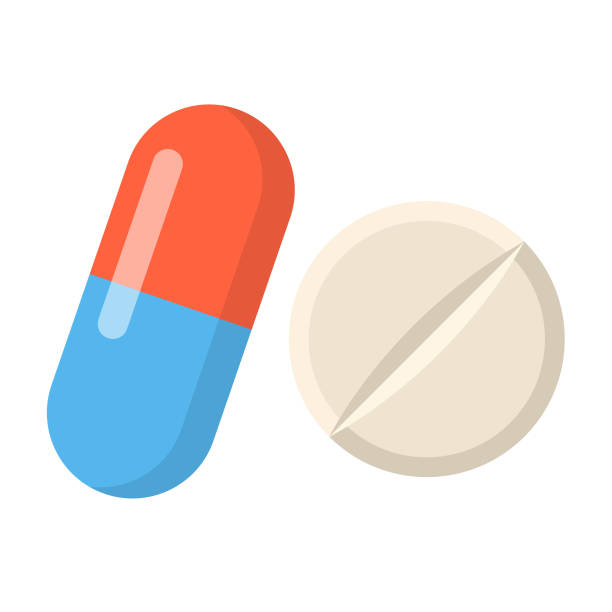Tolterodine Tartrate
Indications
Tolterodine Tartrate is indicated for the treatment of overactive bladder with symptoms of urinary urgency, frequency, and/or urge incontinence.
Pharmacology
Tolterodine is a competitive, specific muscarinic receptor antagonist which exhibits a selectivity for the urinary bladder over salivary glands, which have been demonstrated in non clinical pharmacological in vivo studies. Tolterodine has a high specificity for muscarinic receptors. A major active metabolite (5-hydroxymethyl derivative) of tolterodine exhibits a pharmacological profile which is similar to that of the parent compound. In extensive metabolisers this metabolite contributes significantly to the therapeutic effect of tolterodine. The effect of treatment can be expected within 4 weeks.
Dosage And Administration
The recommended dose for tolterodine is 2 mg twice daily. In case of troublesome side effects the dose may be reduced from 2 mg to 1 mg twice daily.
The recommended total daily dose of tolterodine is 2 mg (1 mg b.i.d.) for patients with impaired renal function, impaired liver function, or receiving concomitant medication with potent CYP3A inhibitors, such as macrolide antibiotics (e.g. erythromycin and clarithromycin) or azole antifungal agents (e.g. ketoconazole, itraconazole and miconazole). After six months the need for further treatment should be considered.
Interaction
Pharmacokinetic interactions are possible with other drugs metabolised by or inhibiting cytochrome P450 2D6 (CYP2D6) or CYP3A4. Concomitant treatment with fluoxetine does not result in a clinically significant interaction.
Ketoconazole, a potent inhibitor of CYP3A, significantly increased plasma concentrations of tolterodine when coadministered to poor metabolisers (i.e. persons devoid of CYP2D6 metabolic pathway).
Clinical studies have shown no interactions with warfarin or combined oral contraceptives (ethinyloestradiol or levonorgestrel).
Contraindications
Tolterodine is contraindicated in those patients with urinary retention, uncontrolled narrow angle glaucoma, known hypersensitivity to tolterodine or any other component of the drug.
Side Effects
Tolterodine may cause mild to moderate antimuscarinic effects, like dryness of mouth, dyspepsia and/or reduced lacrimation.
Pregnancy And Lactation
There are no studies in pregnant women. Therefore, tolterodine should be used during pregnancy only if the potential benefit justifies the potential risk to the fetus.
Use of tolterodine during lactation should be avoided since no data on excretion of the drug into breast milk in humans is available.
Precautions And Warnings
Tolterodine should be used with caution in the following patients:
- at risk for urinary retention
- at risk for decreased gastrointestinal motility
- with impaired renal function
- with impaired hepatic function
Organic reasons for urge and frequency should be considered before treatment.
Overdose Effects
Overdosage with Tolterodine Tartrate capsules can potentially result in severe central anticholinergic effects and should be treated accordingly. ECG monitoring is recommended in the event of overdosage.
Therapeutic Class
BPH/ Urinary retention/ Urinary incontinence.
Use in special populations
Pediatric use: Safety and effectiveness of tolterodine in children have not been established.
Geriatric use: No overall differences in safety were observed between the older and younger patients treated with Tolterodine.
Storage Conditions
Store in a cool and dry place. Protect from light. Keep out of the reach of children.

